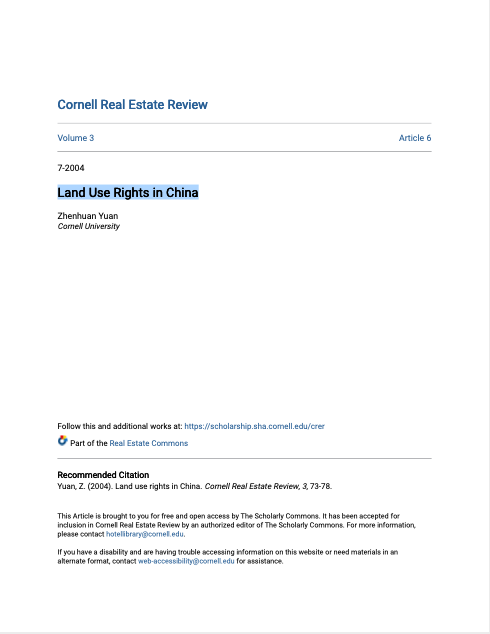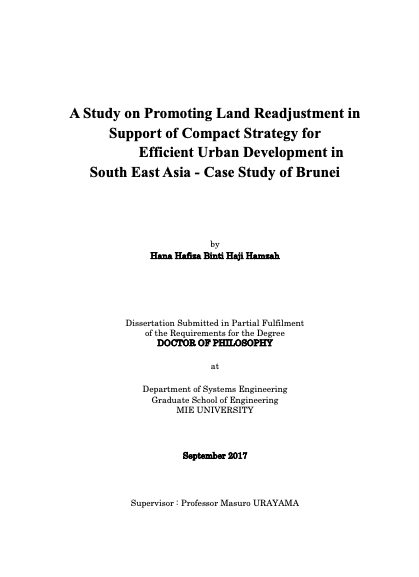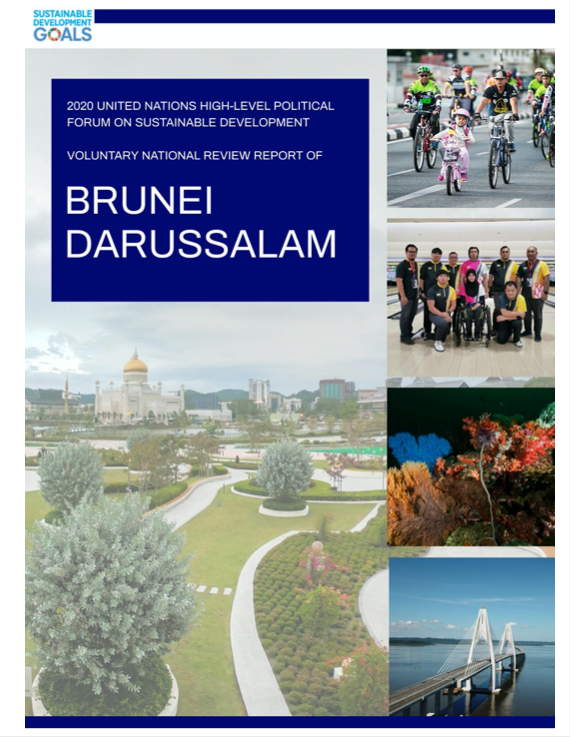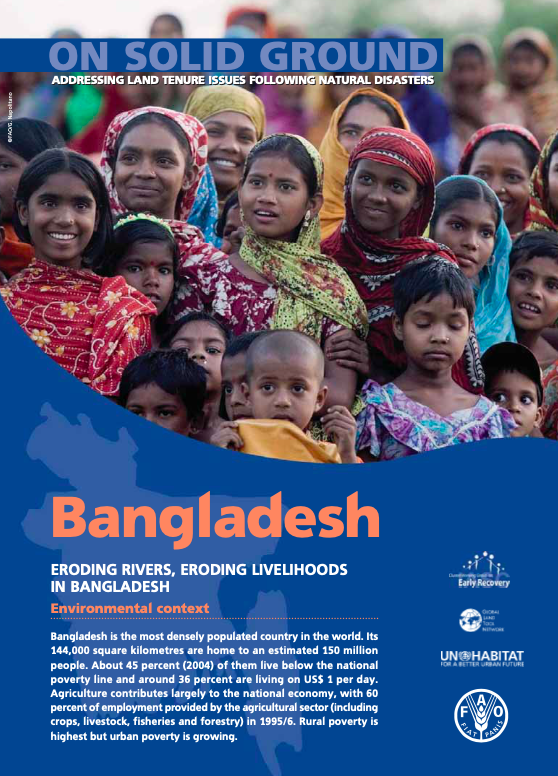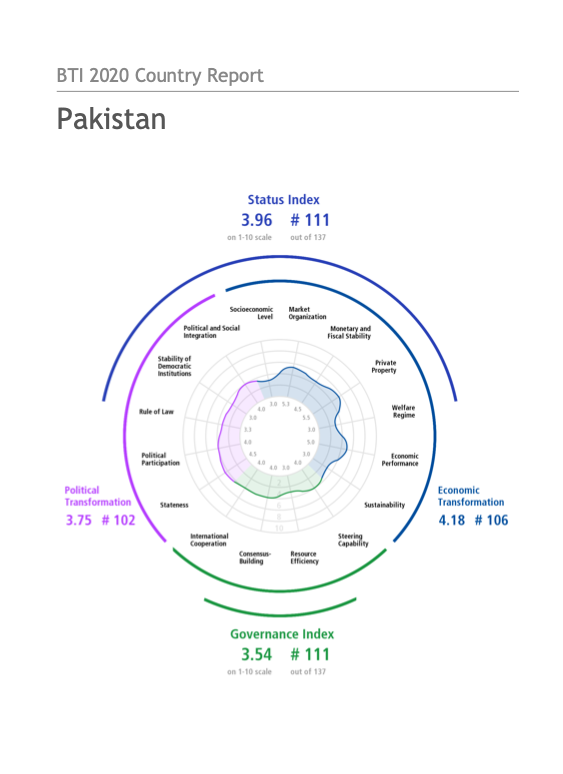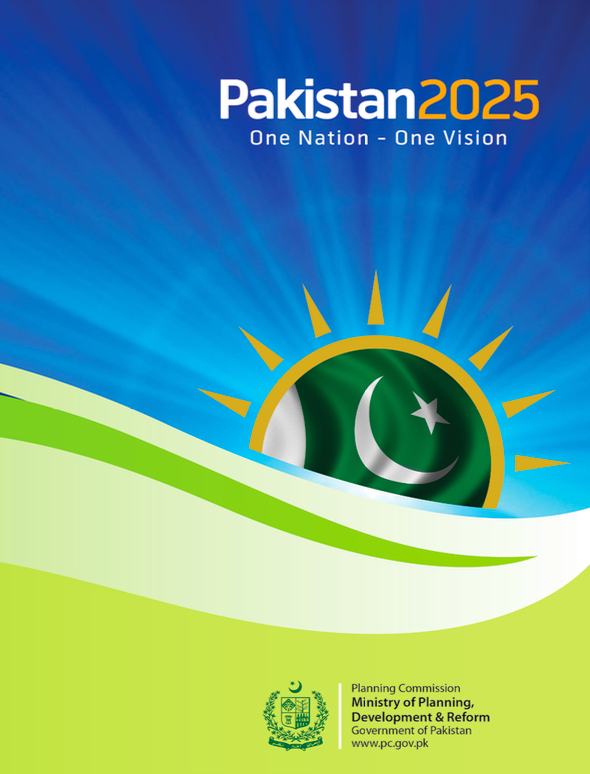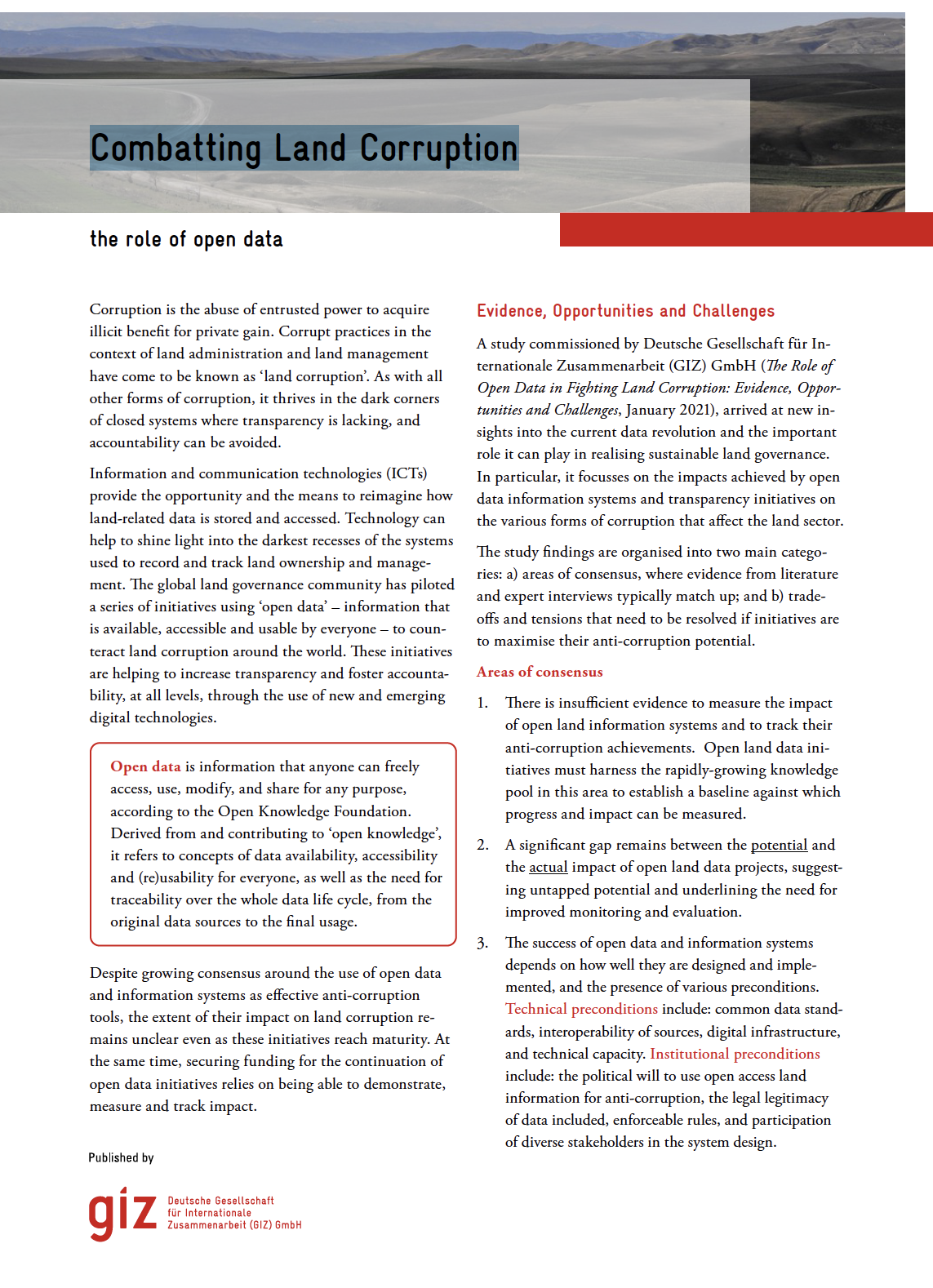Land Use Rights in China
China is a socialist country and all land in China belongs to Chinese citizens as a whole. Article 10 of the 1982 Constitution upholds the Chinese land policy that reflects the traditional view of socialism - land of the country must be owned by the country (State) or its agricultural Collectives. State-owned enterprises or other organizations, which cannot own land themselves, may use land with permission from the State.

